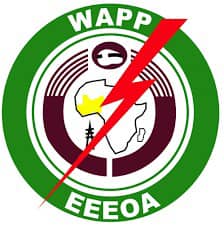
West African Power Pool to commence Day-Ahead Electricity Market
The day-ahead energy market is a system that allows transactions for the buying and selling of electrical power one day prior to the delivery day.

The day-ahead energy market is a system that allows transactions for the buying and selling of electrical power one day prior to the delivery day.

The bulk power restoration work was carried out by a team of substation, lines, and PC&M engineers of TCN, who converged from different TCN regions nationwide, to ensure expedited repair works
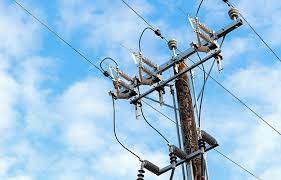
It was gathered that the vandals destroyed 132kV double circuit power transmission lines, 330kV double circuit lines, and carried out soil excavation that threatened transmission towers, as the Federal Government described the development as sabotage.

“We are diligently working to extend this restoration to Kebbi State and other areas affected by the unfortunate Birnin Kebbi Substation fire incident that occurred on September 14th, 2023.”

On completion, the NNPCL said the GIPP Project will generate an average of 10.3 million Megawatt hours (MWh) of electricity per year
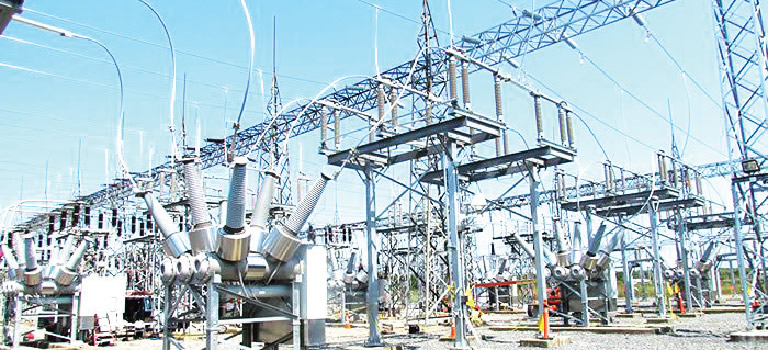
Findings showed the commission issued 114 registration/permits for the development of mini-grids to boost power supply across the country during the period.

Availability and affordability are the two major barriers preventing people from gaining access to modern energy services. Millions of people live in places that are disconnected from electricity grids where off-grid solutions are not yet available to them. Millions more might be able to access electricity or clean cooking solutions, but the price of doing so is beyond their means.
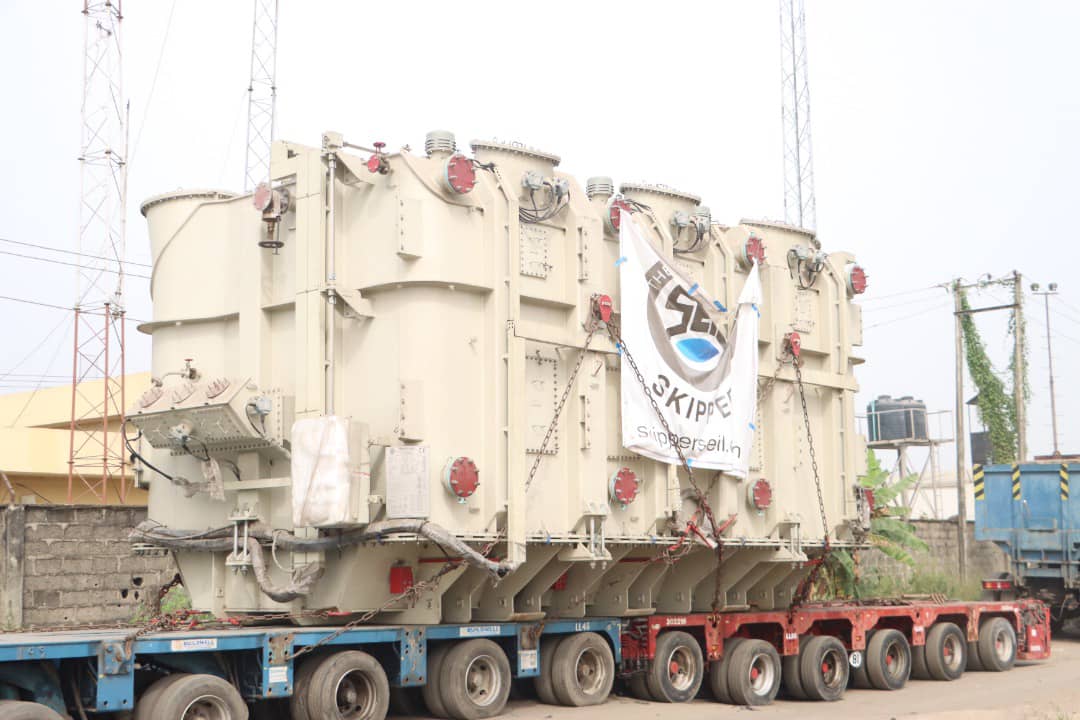
The Company also has another two number 150MVA power transformers awaiting delivery to Ojo Stores at the Lagos Port even as it is expecting the arrival of different capacities of transformers and their accessories to berth at the port very soon.
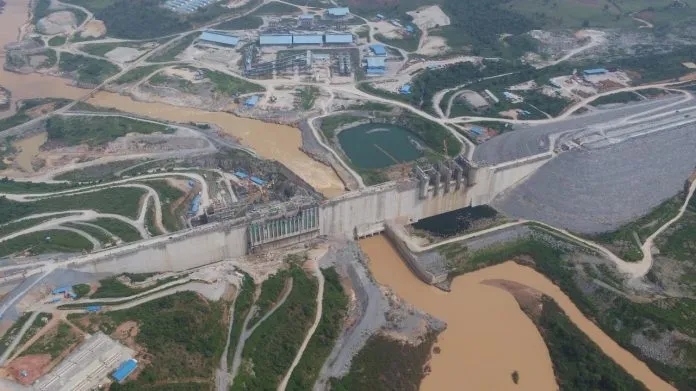
The Federal Government has spent $1.2 billion on the project’s construction in the Niger State.
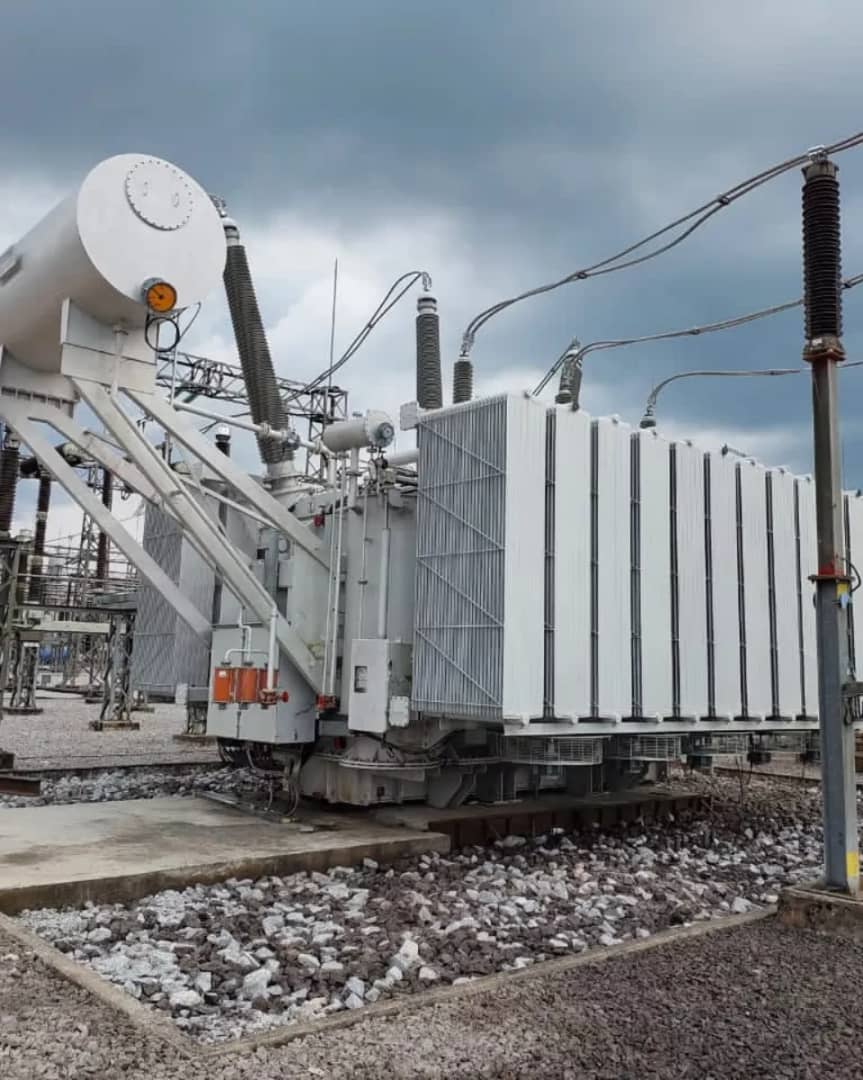
The commissioning into service of the new 150MVA power transformer has restored the capacity of the substation by 132MW.